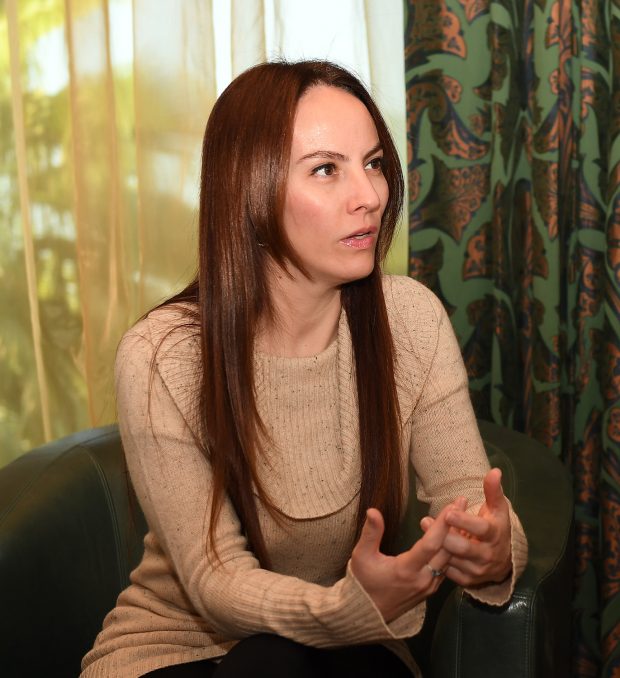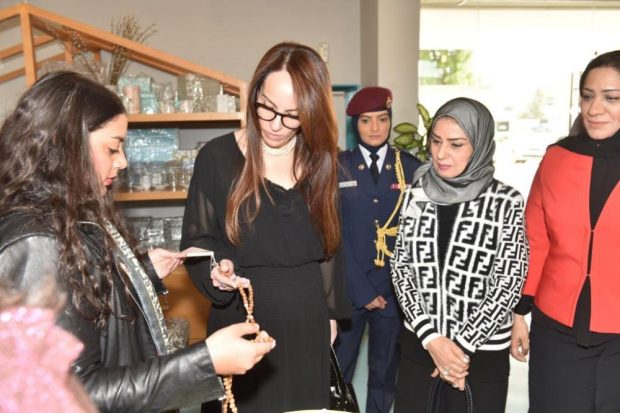World needs 250 years to fill gender gap in parliaments: IPU President
 The world needs 250 years to fill the gender gap in its parliaments if the annual incremental increase persists at one percent, the President of the Inter-Parliamentary Union (IPU) has warned. “We are going in the right direction regarding gender issues in parliaments,” Gabriela Cuevas Barron said. “However, we are not as optimistic as we would like to see. For example, in 2016 and 2017, the percentage of women in parliaments increased only by 0.1 percent. That means according to this percentage, we need 250 years to see parity,” she said in an interview she gave in Bahrain earlier this year. According to the latest figures, the number of women speakers across the world is 53, (19 percent), compared with 226 men (81 percent).
The world needs 250 years to fill the gender gap in its parliaments if the annual incremental increase persists at one percent, the President of the Inter-Parliamentary Union (IPU) has warned. “We are going in the right direction regarding gender issues in parliaments,” Gabriela Cuevas Barron said. “However, we are not as optimistic as we would like to see. For example, in 2016 and 2017, the percentage of women in parliaments increased only by 0.1 percent. That means according to this percentage, we need 250 years to see parity,” she said in an interview she gave in Bahrain earlier this year. According to the latest figures, the number of women speakers across the world is 53, (19 percent), compared with 226 men (81 percent).
According to figures released by the Inter-Parliamentary Union, Rwanda leads the world listing in the number of women parliamentarians with 61.3 percent. Cuba follows with 53.2 percent, Bolivia is third with 53.1 percent. Mexico fourth with 48.2 percent. Sweden is the first European country with 47.3 percent, followed by Grenada, 46.7 percent, Namibia, 46.2 percent, Costa Rica, 45.6 percent, Nicaragua, 44.6 percent, South Africa with 42.7 percent and Senegal with 41.8 percent. The second European country, Finland, is 12th internationally, followed by Spain and Norway. Even though the challenge to achieve parity is huge, institutions must be changed in order to change culture and society, Cuevas Barron said. “If we respect women as mothers, sisters, and wives, if we believe that they are a very important part of our society, we need also to be sure there is are women representatives because otherwise, issues like the education will not be reflected in the legislation and in the budget,” Cuevas Barron said. The Mexican parliamentarian said that certain concerns should be discussed and addressed in parliaments, mainly by women.
The most important tool to strengthen the presence of women in parliament is to increase awareness within the country and to give better tools for capacity building for women. One of the most important projects that I am now fundraising is to have a leadership seminar to train women and young parliamentarians in terms of values, like democracy, women and human rights and to give them some. Tools include ways to deal with new challenges and to improve communication skills, narratives, public speaking capabilities, and social media, Cuevas Barron added. She said the changes blowing over the Gulf are obvious. “In General, I can see the Gulf willing to change, to make a more equal society. Of course, there are many challenges. There are things that should be done, and that is how democracies work. You cannot build one country from one day to the other, and each country has to follow its own rhythm,” she said.
“In the Bahraini case, I believe it is very clear how tolerant, how open this country is. It comes from the politicians, the society and the parliamentarians. Bahrain is a country that is always sending the message that you are welcome in the country.” She hailed the election in December of Fawzia Zainal as the first woman Speaker of Bahrain’s Council of Representatives, the lower chamber of the bicameral parliament. “The Bahraini experience is very positive. It is undoubtedly a powerful message to have as a Speaker a young, enthusiastic, committed and hard-working woman. At IPU, we will be encouraging other women to follow her experience and to emulate the Bahraini example,” she said. “However, there is a need to bring Bahraini women into the international arena. Bahrain has been investing in education for women for almost one century. It is doing a very important effort, and we need not only to recognize it, but also to encourage other countries to do the same, to invest in women.”




















































